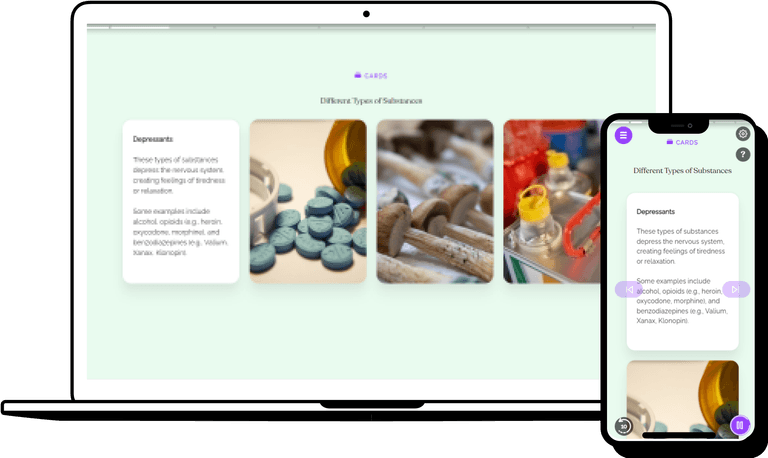Themes of Microaggression Training
There are many themes that microaggressions address, such as intelligence, race, gender, nationality, and more. In this chapter, we will discuss some of the most commonly experienced themes.

Microaggressions in the Second-Class Citizen Theme
Microaggressions within this theme occur when a target group or individual, often people of color, are assumed to have no power or are often ignored as consumers. An example of this theme is assuming certain people, often people of color, do not hold leadership positions in the workplace. Another example is assuming certain people may not be able to afford the items they own or be a worthy investment of time within one's business.

Foreigner in One’s Own Land Microaggressions
Microaggressions within this theme occur when a person of color, or someone who looks different or is named differently from the dominant culture, is assumed to have not been born in the United States. Examples of this theme could include asking someone to teach you terms in their native language or asking people where they or their parents are from. Perhaps the most insidious example of the “Foreigner in One’s Own Land” theme is assuming someone's first language is not English.

There are many themes that microaggressions touch on, including intelligence, ethnicity, gender, nationality, and more. These are a few more of the most commonly experienced microaggression themes.
Microaggressions within this theme occur when a person denies any claim or takes no accountability for a microaggression. The denial of individual racism is the belief that racism or sexism exists only at a systemic level, and that individual people are not capable of being racist or sexist. This view denies the fact that individuals have the potential to act on their own biases, prejudices, and bigotry, and can thus contribute to an oppressive environment.
Statements in this theme indicate that a person, often white, does not want to or need to acknowledge race. These statements and beliefs communicate that the real-life experiences of systemic racism do not impact the people of communities. Some examples of the color blindness theme include stating that there is only one human race or that racism is not real. A frequent example of color blindness microaggression is for an individual to say that they “don’t see race."
Microaggressions within this theme occur when expectations of traditional roles or stereotypes are projected on others. Some examples of gender role prejudice and stereotyping include unequal leave for paternity (often shorter) than maternity leave, or assuming a role is more suited for a specific gender identity.

The Second-Class Citizen Theme in higher levels of education
The higher a person's level of education, the more likely they are going to have professional interactions in predominantly white spaces. These interactions often lead to more instances of microaggressions for people of color, such as coworkers assuming the people of color would be in lower-level roles or don't have advanced degrees. This is an example of the Second-Class Citizen theme, which occurs when a target group or individual, often of color, is assumed to have no power or is thought of as less than others.
Examples of the Denial of Individual Racism or sexism theme
Some examples of statements that employees may make within this theme include:
Here are some myths to look out for:
- -
"I'm not racist, my partner is Black."
- -
"I can't be homophobic, my best friend is gay."
- -
"Of course I support women, but we don't have all the facts."

Learn to identify unique themes with Microaggressions Training
The different themes addressed in EasyLlama's Microaggressions training can support a safe workplace by instructing staff on how to identify and respond to workplace microaggressions. Employees are taught how to recognize different sorts of microaggressions within each theme, how they affect people and the business, and how to respond to them in a professional and productive way through our training. A more inclusive workplace can result from EasyLlama training's contribution to a culture of diversity and understanding.

Helping over 8,000 organizations create a safer, more productive workplace
Terms such as prejudice, unconscious bias, microassault, microinsult, and microinvalidation are thoroughly explored to facilitate employee understanding, therefore guiding learners to meet your organization's DEI objectives.





















